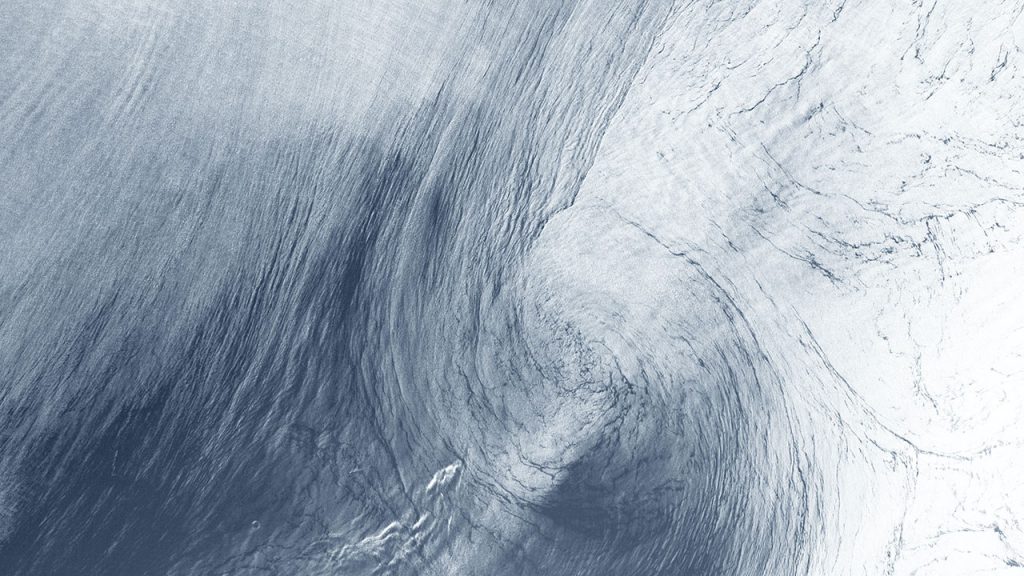April 17, 2024
Unique opportunity to learn atmospheric modelling with NCAR and NCAS
Learn atmospheric modelling with NCAS and NCAS on their MPAS course in Edinburgh this October.
We seek to understand our atmosphere, how it is changing, and how it impacts life on earth.
We address global challenges, through our science and our services, helping society adapt to environmental change.
April 17, 2024
Learn atmospheric modelling with NCAS and NCAS on their MPAS course in Edinburgh this October.
April 5, 2024
Storm scientists explain the causes of disruptive and damaging weather for the UK.
March 27, 2024
African scientists need the skills and tools to provide their communities with locally designed climate solutions and weather forecasts.
We are committed to providing the best training in atmospheric science in the UK. Our training programme is research-led and delivered by experts, allowing you to master the fundamentals and refine practical skills and techniques.
March 18, 2024
NCAS is seeking to appoint, from within our staff community, a new Weather Science Programme Leader.
March 15, 2024
We are looking for a Research Associate in Atmospheric Composition Measurements and Modelling to join our team at the University of York.
February 29, 2024
We are looking for a Research Fellow in Machine Learning for African Storm Prediction to support the delivery of our nowcasting project.
We promote equality, celebrate diversity and maintain a working environment where staff feel they can bring their whole self to the workplace and to their work.
April 17, 2024
Learn atmospheric modelling with NCAS and NCAS on their MPAS course in Edinburgh this October.
January 23, 2024
A symposium for the early career atmospheric science community and NCAS training course alumni on 20-21 March 2024.
November 27, 2023
Find out about the future capabilities of our research aircraft facility at Cranfield University on Thursday 25 January 2024, 10am-5pm.
Our strategy sets out our commitment to help solve the challenges of climate change, air pollution and weather hazards. Discover how our goals will help society rise to the challenges ahead.
Human exposure to air pollution is a significant global environmental burden. By improving society’s knowledge of air pollution, we contribute towards improving air quality and reducing its impacts on people and economic development.
Weather such as storms, heatwaves and cold spells can impact water resources, infrastructure, agriculture and public health. To mitigate these risks, we contribute towards improved early warnings, risk assessments and further knowledge on climate change.
Human activities are now the major driver of changes in the atmosphere and its interactions with the earth’s climate. To inform adaptation and mitigation policies, we provide robust scientific evidence on how our atmosphere is changing.

Our FAAM Airborne Laboratory operates a specially adapted world-class research aircraft.

The Atmospheric Measurement and Observation Facility (AMOF) is a UK research facility that enables advanced measurements of the atmosphere.

The Centre for Environmental Data Analysis (CEDA) provides data storage and analysis capabilities for the environmental research community.

The Computational Modelling Services (CMS) supports computer simulations for climate, weather and earth-system research.